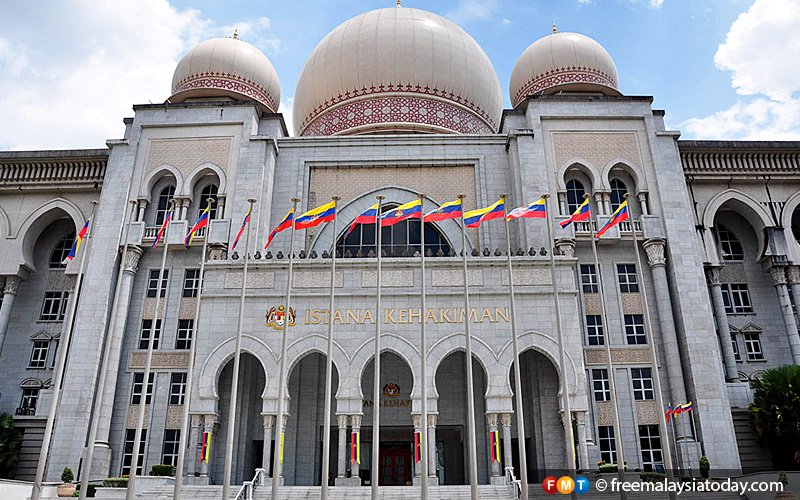PSC shouldn’t scrutinise appointments of judges, says lawyer

A lawyer says the parliamentary select committee (PSC) on public appointments has no say in the selection of judges, following PSC chairman William Leong’s statement that the recent appointments of the top cop and chief justice were not brought before his committee.
(FMT) – The issue arose in the wake of Latheefa Koya’s controversial appointment as chief commissioner of the Malaysian Anti-Corruption Commission (MACC), which sparked criticism for bypassing the PSC.
A Srimurugan said the appointments of the MACC chief, the inspector-general of police and the attorney-general could be referred to the PSC as these are positions held by public servants.
“However, Article 132 (3) of the Federal Constitution excludes the office of judge of the Federal Court, Court of Appeal and High Court as public servants,” he told FMT.
The selection of judges is therefore vetted by the Judicial Appointments Commission (JAC), which came into force after approval of the JAC Act 2009, he said.
Srimurugan said that function in the JAC is performed by four top administrators in the judiciary, a senior Federal Court judge and four eminent persons appointed by the prime minister.
“JAC recommends judges as well as who is to hold the four administrative posts in the judiciary based on selected criteria,” he added.
Prime Minister Dr Mahathir Mohamad had said it was his decision to appoint Latheefa as MACC chief, and that he had not sought the Cabinet’s views as he wanted the freedom to choose the best candidate.
The prime minister is permitted to do so under the MACC Act 2009. However, Pakatan Harapan had promised in its election manifesto that the appointments of MACC commissioners would be validated by Parliament.
Srimurugan said Article 122B of the constitution states that the king will appoint judges on the advice of the prime minister after consultation with the Conference of Rulers.
He added that the prime minister plays a role in the appointments of judges, including the elevation of four judicial officers to administrative positions.
“Legally, the prime minister could ignore JAC’s proposal, or he could ask for additional names before presenting them to the Conference of Rulers,” he said.
Another lawyer, Syed Iskandar Syed Jaafar Al Mahdzar, suggested upgrading JAC into a constitutional body in the appointment and promotion of judges to the superior courts.
He said appointing judges after going through Parliament would be akin to one branch of the government encroaching on another.
“Parliament should not interfere in the appointments of judges as that would violate the doctrine of separation of powers,” he said.
The doctrine of separation of powers is also known as the checks and balances system, where the three branches – executive, legislature and judiciary – keep tabs on each other and counteract any imbalance in power.
A five-member Institutional Reform Committee (IRC) had also suggested that the appointment and elevation of judges should not go through the legislature as practised in the US.
The report contains recommendations for reforming Parliament, elections, the judiciary, law enforcement and the legal service, anti-corruption agencies, police and immigration forces, among others.
The IRC was formed shortly after the May 9 election to complement the Council of Eminent Persons on matters of institutional reform but its report has yet to be made public.

